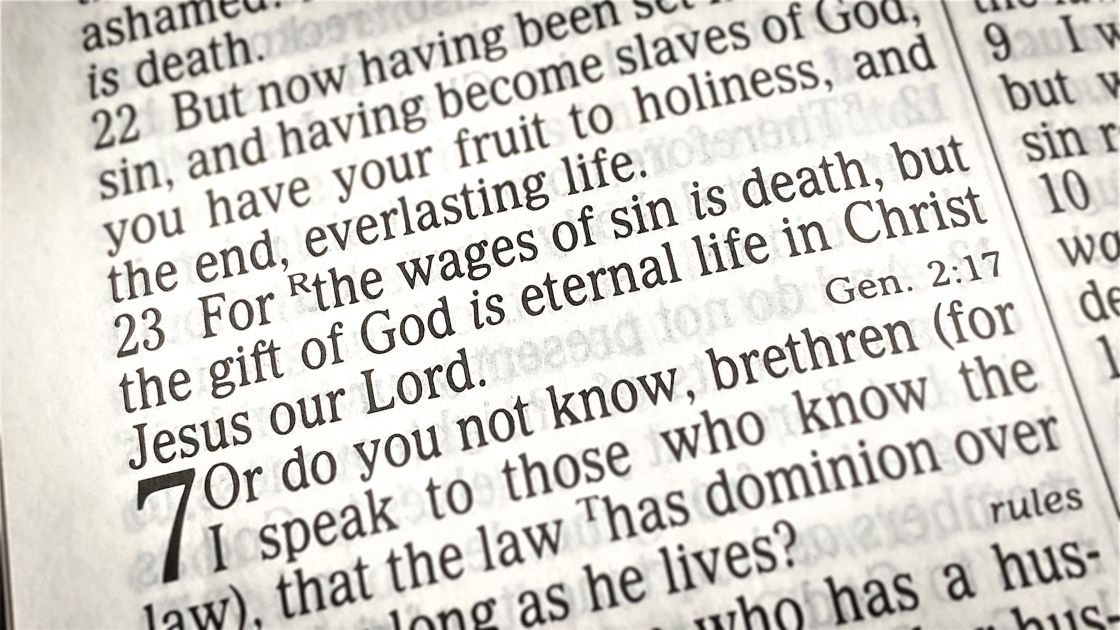And then it hit me. I've always thought of this story as one about bigotry and religious hypocrisy. But it's both bigger and simpler than that.
It's about fear.
It's about that famous saying of Yoda's, "Fear is the path to the dark side. Fear leads to anger. Anger leads to hate. Hate leads to suffering." That's what happens in Bat Boy. That's also what's been happening in the Trump era.
Like the town in Stephen Sondheim’s Anyone Can Whistle, Hope Falls, the setting for Bat Boy, is a town in crisis, in other words, it's America 2025 in miniature. The town's primary industry, coal mining, is gone, and the people of Hope Falls have turned to ranching, at which they really do not excel. All their cattle are dying because they don’t know how to raise cattle (“A mountain’s no place to raise cows,” the finale reminds us), but rather than acknowledge their own inadequacies, they look for a scapegoat.
Edgar shows up in town and they get their scapegoat. The ranchers fear financial ruin, which leads to anger, which leads to hate (they all sing, "Kill the Bat Boy!"), and that hate leads to quite a bit of suffering.
In the process, these characters palpably evoke our crippled country right now. One of the many problems with our broken politics today is the idea that I must win and you must lose -- that politica are a war now instead of argument and compromise and solutions. Blame is how I win. Whether it's true or not, it seems the one who blames first wins the battle.
It's a terrible way to run our country or a town of five hundred.
Bat Boy satirizes misinformation and disinformation, religious extremism and hypocrisy, and also religion as a misused socio-political force; but it doesn’t poke fun at Christianity itself or at people of genuine faith. The people of Hope Falls frequently proclaim their “Christian Charity,” but it’s clear from their behavior that they aren’t nearly as Christian as they claim to be. It seems everyone in town loves exclaiming “Sweet wounded Jesus!” when they’re surprised, and yet one would assume that serious Christians wouldn't take the Lord’s name in vain on such a regular basis.
The townspeople initially blame the death of their cows on God. They also talk about doing horrible things to Edgar and later, they threaten Dr. Parker, all the while pretending that their actions reflect their “Christian charity.”
You may disagree but this is 21st century American Christianity.
The song “Comfort and Joy” shows how misguided the people of Hope Falls (and America) are. 2nd Corinthians 1:23-24 says, “Our strength and ability are owing to faith; and our comfort and joy must flow from faith.” But these people are asking God to give them comfort and joy outright. They’ve got it backwards; they don’t understand that joy comes from faith, which they don’t have. They believe their comfort and joy will result from the destruction of an innocent life. They sing:
Comfort and joy,
Comfort and joy!
Kill the bat boy,
Kill the bat boy!
On the other hand Meredith has it right. She sings:
He will show them he’s not
What they’re terrified of.
He will show them a love
They can never destroy.
If we prove that they’re wrong,
They’ll come ‘round before long,
And we’ll all sing a song
Full of comfort and joy.
Out of context, that could be Jesus' disciples talking about how the priests and the pharisees will react to Jesus -- fear, hate, suffering. Edgar the Bat Boy is explicitly a Christ-like figure throughout the story.
It’s significant that Meredith better understands the teachings of the Bible and that she alone in Hope Falls practices actual Christian charity by insisting on caring for Edgar, by teaching him, by making him a part of the family. In the first dialogue scene in the show, Meredith even quotes Romans 6:23 at Shelley: “For the wages of sin is death…”, though she conveniently (comically) leaves out the more positive rest of the sentence.
In this story, the wages of sin are death, and maybe Meredith’s past and present circumstances lead her in that direction unconsciously. In this world of faux Christians, only Edgar sincerely seeks God, first praying to him in “Comfort and Joy,” then hoping for divine healing at the revival meeting, then in his testimony before the congregation. Edgar believes that God can help him.
Of course, he's wrong.
The people of Hope Falls -- and America in 2025 -- practice a poisoned, hypocritical brand of Christianity that has corrupted American culture today, and because this is the only kind of Christianity Edgar experiences, it prevents Edgar from finding God as he had hoped.
It’s also significant that the one explicitly religious figure in the show, the Reverend Hightower, is not a source of satire. He accepts Edgar without reservation. Even though the people of Hope Falls have asked the Reverend to come to town for all the wrong reasons (the cows), he’s still there hoping to do some good. And like Meredith, he accepts Edgar unconditionally. The Reverend Hightower, the one genuine Christian in the story, invites Edgar up on stage to be healed and urges the congregation to accept him, to assimilate him into the community. And though they are initially willing, their misplaced fear and hatred are easily revived by Bat Boy's supervillain, Dr. Parker.
Like many American musicals before it, Bat Boy is a story about an Outsider who meets a Community; the Outsider must learn to assimilate into the Community or be removed, through death or banishment.
In Oklahoma!, Brigadoon, Guys and Dolls, Hello, Dolly!, Annie Get Your Gun, The Music Man, Pippin, Hedwig, the heroes assimilate and become part of the community (and/or the chorus) by the end. But in Carousel, The King and I, Pal Joey, West Side Story, Hair, Evita, Passion, Sweeney Todd, Urinetown, Cabaret, Rocky Horror, Bonnie & Clyde, the heroes cannot assimilate and must leave or be removed. In a few shows, with more than one hero, we get both outcomes, as in South Pacific, Show Boat, and The Wild Party.
In a few (usually satiric) cases, the community actually adjusts to accommodate the hero, as in The Threepenny Opera, How to Succeed in Business Without Really Trying, and Heathers.
By the end of Bat Boy's first act, we realize that Edgar the Bat Boy isn't the only outsider; in this story, the entire Parker family are the outsiders, and the question is whether Edgar and the Parkers can assimilate -- and maybe also, why would they want to? Hope Falls (i.e., America) is a really fucked up place.
In the era of concept musicals and rock musicals, the musical theatre stories have focused more on the hero, his struggle, his growth, his success or not, in shows like Company, Pippin, Dude, Jesus Christ Superstar, Follies, Chicago, Barnum, Sweeney Todd, Nine, Sunday in the Park with George, Passing Strange, Hamilton, A Strange Loop, and so many others. Bat Boy fits into this category as well.
Most of this stuff is under the surface, most of it the audience doesn't consciously recognize, but it's what makes this story so powerful, so recognizably truthful, and so deeply human.
Even the third time around, it has been such a joy to live inside this material for a few months. It's not just funny and big-hearted, it's also masterfully constructed, and that's part of why it's so powerful.
Bat Boy runs through October 25. Get your tickets!
Long Live the Musial!
Scott










